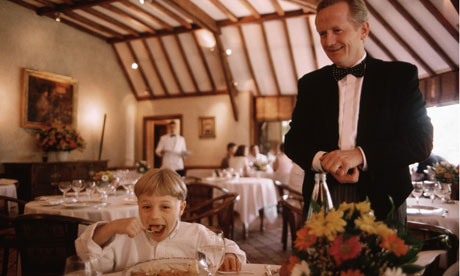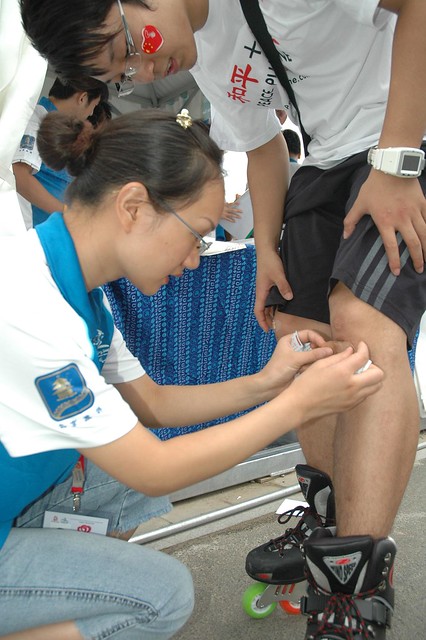Often, people that try to learn French think they got the language down but once they actually go to France they think they don’t know as much as they thought. This is because France has a variety of slang words used in their language. The websites that I have found that have lists of French slang such as this one and this one have hundreds of slang words. However, I have gone through these websites and compiled a list of my favourite words and words that can be used in the English language.
Favourite Words
– Bouffer literally means to puff up or balloon in size. However, it has become common practice to replace the word manger (to eat) with bouffer in everyday speech. And in turn, la bouffe is then used as another word for food. Here is an example: J’ai trop mangé. J’ai bouffé un steak tartare avec des frites suivi d’une grosse tarte aux pommes. I ate too much. I ate a steak tartare with fries followed by a big slice of apple tart. Je suis allé en ville pour acheter de la bouffe. I went into town to buy some food. This is one of my favourite French slang words because of how it has a practical purpose that anyone can use.

Image via thediagonal.com
–Balle, the singular term means bullet. However once upon a time, balles was utilized as a slang word for francs, the French currency before 2002. What’s more, when France proceeded onward to the euro, balles moved with it and it is still at times utilized in reference to cash. A model would be: J’aime ton pantalon. Merci. Je l’ai acheté au marché pour quinze balles. I like your jeans. Much obliged. I got them at the market for 15 euros. This is one of my favourite slang words because it has history and multiple uses.
–Kiffer is a term utilized by the current generation, which you may not definitely know is the word kiffer, which is slang for to like something (it works best with a hobby!). Be that as it may, in the event that you kiffe quelqu’un, it infers that you want that individual. Here’s a model: Je kiffe faire de la voile. I truly appreciate cruising. Je kiffe ton frère. I like your sibling. (I’m impractically keen on him). This is one of my favourite slang words because it is a slang word that lots of people use in France and I like the way that it sounds.
French-English Slang
–Bobo is really infant talk for une blessure (a physical injury). However, you will notice that youngsters generally utilize this term when alluding to minor wounds, for example, cuts and wounds. A model may be: Qu’est-ce qu’il y a? J’ai un bobo sur le pied. What’s wrong? I have a scratch on my foot. This slang word is used in the English language in a similar way but we would spell it like booboo. Bobo also means yuppie, so this is a versatile slang like “balle.”

Image via flickr.com
–Caca means poop, or number two. Like “bobo”, this is a term that is mainly used by children. A model may be: le chien a fait un gros caca dehors. The dog took a big poop outside. This slang word is also used in the English language, but it isn’t that common.



